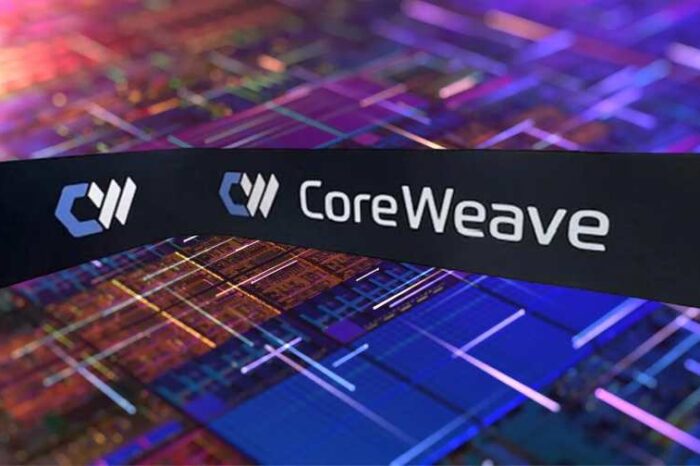Google unveils ‘Ironwood,’ its most powerful custom AI chip yet to challenge Nvidia in the AI race

Google’s $75 billion bet on AI hardware is starting to pay off. Seven months after Alphabet announced one of the largest infrastructure investments in its history — aimed at building custom chips and data centers for generative AI models like Gemini — the company is rolling out Ironwood, its most powerful Tensor Processing Unit (TPU) yet.
The chip, built in-house, marks the seventh generation of Google’s custom AI silicon and is now being made widely available after months of internal testing. Ironwood is designed for the heaviest AI workloads — from training large models to powering real-time chatbots and AI agents. Google says a single pod can connect up to 9,216 TPUs, eliminating “data bottlenecks for the most demanding models” and allowing customers to “run and scale the largest, most data-intensive models in existence.”
The release marks a pivotal moment in Google’s decade-long effort to build its own silicon instead of relying on Nvidia’s GPUs. The company says Ironwood is more than four times faster than its predecessor, representing a major leap in performance and efficiency. AI startup Anthropic is already lining up as one of its biggest customers, planning to use as many as 1 million of the new TPUs to power its Claude models — a multibillion-dollar deal that signals how fiercely competitive the AI infrastructure race has become.
This launch ties directly into Alphabet’s massive capital push earlier this year. In April, the company raised its annual investment forecast to $75 billion to strengthen its AI infrastructure, including data centers and TPUs. That money is now materializing in hardware like Ironwood — part of Google’s broader strategy to win over AI startups and cloud customers currently reliant on Nvidia’s GPUs.
Google’s New Ironwood Chip Takes Aim at Nvidia as AI Infrastructure Battle Intensifies
Over the past year, Big Tech firms have been racing to secure the compute capacity needed to train and deploy AI systems at scale. Amazon recently announced that Anthropic would use 1 million of its custom chips by the end of 2025, raising eyebrows about how the startup would balance its partnerships across rival cloud providers. Microsoft and Meta are making similar bets, each pouring billions into developing proprietary chips to offset the costs and constraints of relying solely on Nvidia.
For Google, the stakes couldn’t be higher. Its cloud division is emerging as one of the company’s fastest-growing businesses, driven largely by AI workloads. In its most recent quarter, Google reported $15.15 billion in cloud revenue, up 34% year over year — outpacing Amazon Web Services’ 20% growth but trailing Microsoft Azure’s 40%, CNBC reported. CEO Sundar Pichai said the company has signed more billion-dollar cloud deals in the first nine months of 2025 than in the previous two years combined.
To keep up with surging demand, Google has raised its capital-expenditure forecast to $93 billion, up from $85 billion earlier this year.
“We are seeing substantial demand for our AI infrastructure products, including TPU-based and GPU-based solutions,” Pichai said on the earnings call, per CNBC. “It is one of the key drivers of our growth over the past year, and we continue to see very strong demand, and we are investing to meet that.”
With Ironwood now entering general availability, Google is signaling that its massive $75 billion bet on AI hardware is beginning to pay off. The chip’s performance — and the speed at which customers adopt it — could shape how much ground Google gains against Nvidia, Amazon, and Microsoft in the race to power the next generation of AI infrastructure.
If Ironwood delivers on its promise, it could mark the moment Google’s decade-long investment in custom silicon finally begins to rewrite the balance of power in AI computing.




